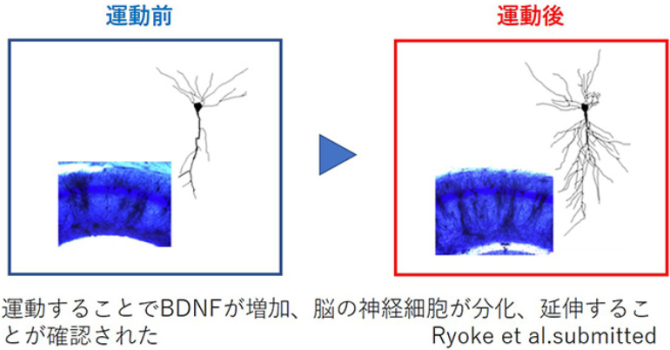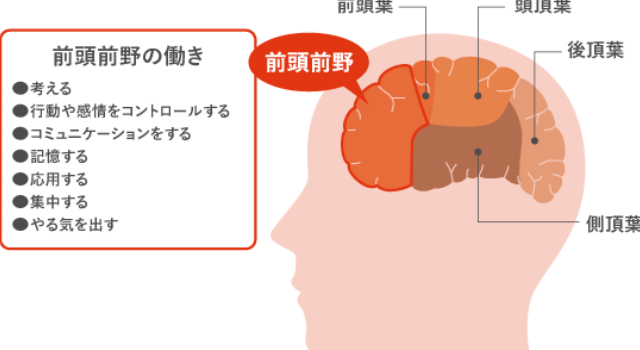In recent years, many research have been done on the relationship between various brain functions and physical activity exercises, especially BDNF (brain-derived neurotrophic factor) which is said to hold the key to preventing dementia. In patients’ brains with severe Alzheimer’s disease, it has been found that BDNF levels are reduced, and although BDNF decreases with age, exercise can increase it regardless of an individual’s age.
BDNF is a type of protein that plays an important role in promoting development, growth and regeneration of neurons, as well as improving cognitive functions of the brain such as learning and memory.
Among the many types of physical activity exercises, BDNF is increased the most by aerobic exercise such as walking and swimming that sends a lot of oxygen into the body. The more intense the aerobic exercise, the more effective BDNF increases. However, shorter and more intense exercises such as push-ups, weight training or other similar anaerobic exercises are not as effective.









